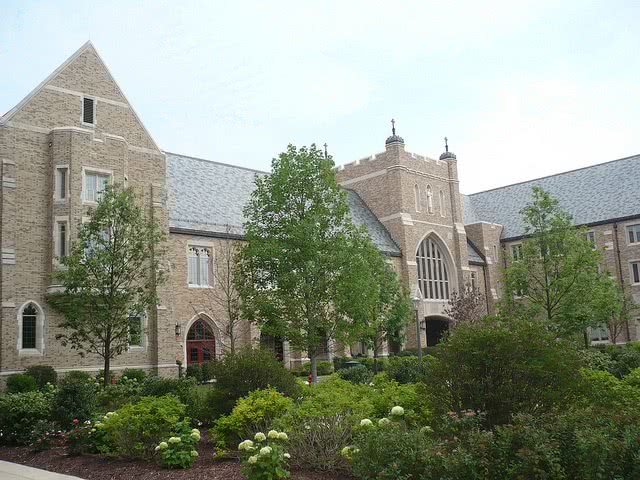
Flickr user Lina Rodriguez
Choosing the right college or university can be a difficult decision. Academics, major fields of study, and campus size are just some of the many factors prospective students should consider when looking for a college that is a good fit for their personality as well as their academic and career goals. One of the factors that students also have to consider is whether a private or public school would be a better fit.
Every campus is different and offers a different atmosphere, but there are some points to consider as to whether you should go public or private.
Tuition Costs
Tuition is one of the biggest factors to consider when deciding between private and public colleges. Though public schools are funded via state and federal programs, some private schools maybe surprisingly affordable, depending on what they have to offer and what you may be interested in studying. Private schools are funded via tuition and private donors, but they may offer significant scholarship and work-study opportunities that help lower the cost of attending.
Campus Size and Culture
Some people thrive in a rowdy, crowded environment, while others prefer quiet and cozy atmospheres that aren’t overwhelming. Many public schools tend to have larger campuses to accommodate a large student body, but there are some private schools that have widespread and large campuses as well. If diversity is important to you, you may want to consider a public school. Some private schools pride themselves on their diversity while still having a smaller, more intimate campus.
It is really important to put some thought into determining whether you would get the opportunity to thrive and shine in a larger public school campus or a smaller private school campus.

Major Fields of Study
Some private schools deal almost exclusively with specific fields of study, while public schools tend to have a variety of subjects to choose from. Depending on how specific you want your future career to be, an academic advisor can help with this decision, but so can a campus visit and talking with current students at the school you may be interested in.
Many students who study specific topics at private schools chose the school specifically for that particular topic. Because many private school campuses are smaller with a small teacher-to-student ratio, students not only receive more individualized attention from their instructors, but tend to focus more on their majors as well.
Thinking about your academic goals and what you are looking for in your college experience will help you decide between a public and private college.
Academics and Acceptance
The majority of private schools, especially if they are Ivy League, have rigorous academic and acceptance standards. If you meet the admission standards and are accepted into the college, you are expected to maintain their high academic standards right through. You should consider a private college only if you have that level of commitment.
Public schools also have pretty high standards, but they are not always as rigorous.
Athletics and Extracurricular Activities
Many public schools have robust athletic departments, but some private schools do as well. Both may offer scholarship opportunities for athletics and extracurricular activities.
So Which is the Right Choice?
Ultimately, only you can decide which you would prefer—public or private. Consider the price, size, and other factors, discuss options with your parents and your high school guidance counselor, and do your research to make an informed decision.
Use College Raptor to discover personalized college matches, cost estimates, acceptance odds, and potential financial aid for schools around the US—for FREE!





